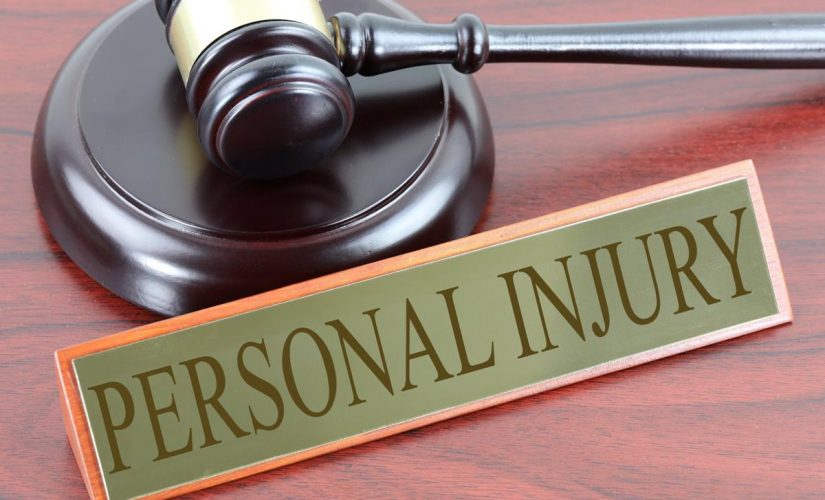Understanding the Intricacies of an Uber Car Accident Lawsuit
With the rise of rideshare services like Uber, the legal landscape surrounding car accidents has become increasingly complex. When an Uber driver is involved in an accident, the question of liability can be a contentious issue, often leading to lawsuits. This article delves into the intricacies of an Uber car accident lawsuit, providing valuable insights into the legal process, potential challenges, and notable case studies.
Who is Liable in an Uber Accident?
One of the primary issues in an Uber car accident lawsuit is determining liability. Unlike traditional taxi services, Uber drivers are considered independent contractors rather than employees. This distinction can complicate matters when it comes to insurance coverage and liability in the event of an accident.
Uber provides a $1 million liability insurance policy for its drivers, which is in effect from the moment a driver accepts a ride request until the passenger is dropped off. However, if the driver is not engaged in a ride at the time of the accident, Uber’s insurance coverage is significantly lower, and the driver’s personal insurance may come into play.
Challenges in an Uber Car Accident Lawsuit
There are several challenges that plaintiffs may face in an Uber car accident lawsuit. These include:
- Proving liability: As with any car accident lawsuit, the plaintiff must prove that the Uber driver was at fault for the accident.
- Insurance issues: There can be complications with insurance coverage, particularly if the Uber driver was not engaged in a ride at the time of the accident.
- Independent contractor status: Uber’s classification of drivers as independent contractors can make it more difficult to hold the company liable for accidents.
Notable Uber Car Accident Lawsuits
There have been several high-profile Uber car accident lawsuits that highlight the complexities of these cases. For example, in 2018, an Uber driver in San Francisco struck a pedestrian, resulting in a lawsuit against both the driver and Uber. The case raised questions about Uber’s responsibility for the actions of its drivers, particularly given their status as independent contractors.
In another case in 2017, a passenger sued Uber after being injured in an accident while riding in an Uber vehicle. The lawsuit claimed that Uber failed to properly vet its drivers and ensure their competence, leading to the accident.
Conclusion
An Uber car accident lawsuit can be a complex and challenging process, with issues of liability, insurance coverage, and the status of Uber drivers as independent contractors all playing a role. However, as rideshare services continue to grow in popularity, it is crucial to understand these complexities and the potential legal implications of an accident involving an Uber vehicle.
While each case is unique, these lawsuits highlight the need for comprehensive legal strategies and a thorough understanding of the evolving legal landscape surrounding rideshare services. As the law continues to adapt to these new forms of transportation, it is essential for both drivers and passengers to stay informed about their rights and responsibilities.







